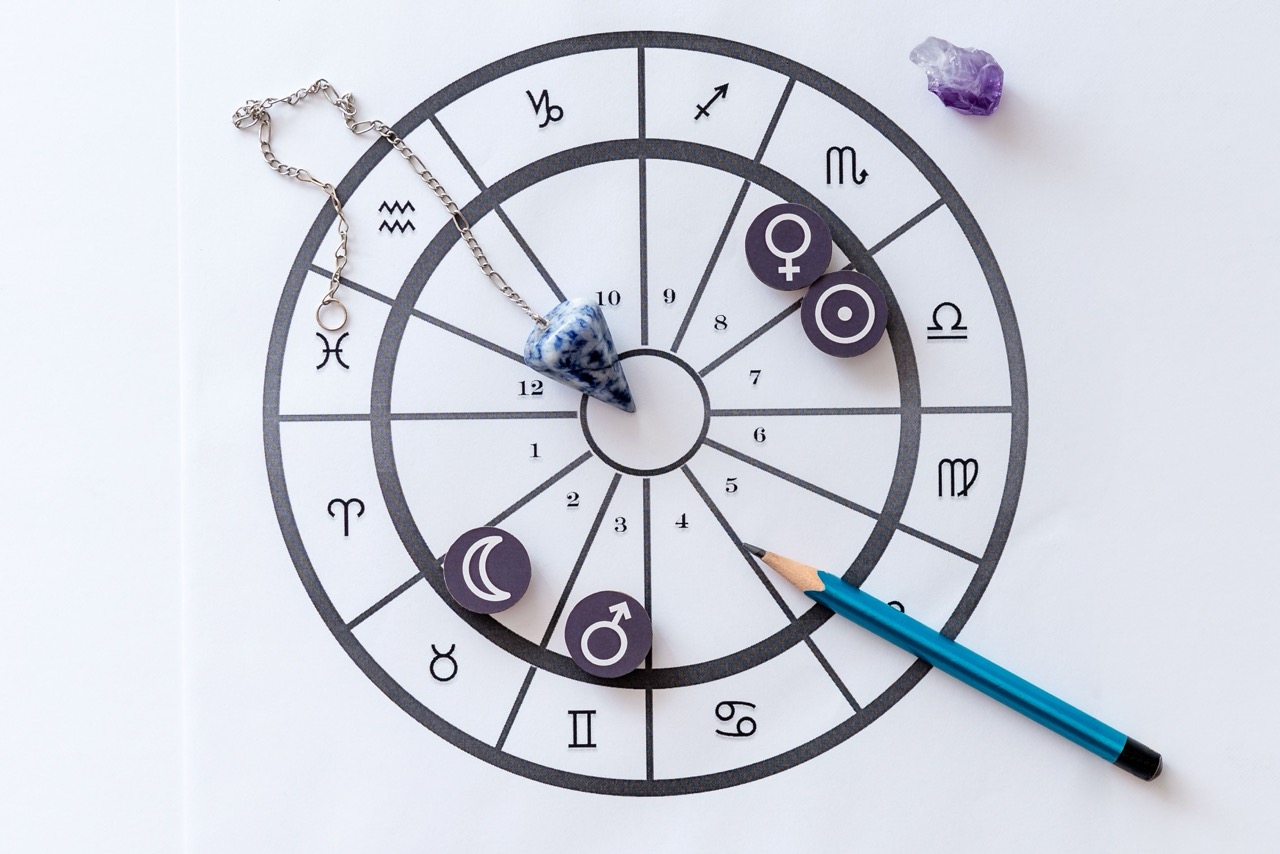In the realm of psychology, few figures have had as profound an impact on the understanding of the human psyche as Carl Jung. His work transcends the boundaries of traditional psychology, intertwining deeply with the spiritual dimensions of existence. Jung’s exploration of the unconscious, symbols, and the collective psyche has not only shaped psychological theory but also paved the way for a rich dialogue between psychology and spirituality. This article delves into the nuances of Jung’s spiritual legacy and his influence on the field of spiritual psychology, showcasing how his insights continue to guide individuals on their journey toward self-discovery and healing.
Unveiling the Soul: Carl Jung’s Spiritual Legacy
Carl Jung’s exploration of spirituality was intricately woven into the fabric of his psychological theories. He believed that the psyche holds a profound connection to the spiritual, positing that the individual’s journey toward wholeness is both a psychological and spiritual quest. Jung introduced the concept of the Self, which represents the totality of the psyche, encompassing both conscious and unconscious elements. This holistic view invites individuals to embark on an inner journey, unveiling the depths of their souls and recognizing the spiritual dimensions of their being.
A central aspect of Jung’s spiritual legacy is his emphasis on the unconscious mind and its symbolic language. He believed that dreams and symbols serve as windows to the spiritual realm, allowing individuals to access deeper truths about themselves and their place in the universe. Jung’s exploration of alchemy, mythology, and religious symbols highlights the universal themes that transcend cultural boundaries, revealing shared human experiences that connect us all. Through this lens, spiritual psychology takes on a transformative quality, guiding individuals toward self-awareness and spiritual illumination.
Moreover, Jung’s concept of the collective unconscious introduced the idea that we are all part of a larger, interconnected human experience. This notion fosters a sense of unity and belonging, encouraging individuals to seek meaning in their struggles and triumphs. Jung’s belief in the importance of personal mythology and the quest for individuation—the process of becoming one’s true self—invites individuals to embrace their spiritual journeys, recognizing that their unique narratives contribute to the collective tapestry of humanity. Through this exploration of the soul, Jung’s legacy continues to inspire seekers of truth and authenticity in the ever-evolving landscape of spiritual psychology.
From Archetypes to Awakening: Jung’s Impact on Healing
Jung’s pioneering work with archetypes has had a lasting influence on spiritual psychology, offering a framework for understanding the fundamental patterns of human experience. Archetypes, the universal symbols and themes that reside in the collective unconscious, serve as guides on the journey to self-discovery and healing. They manifest in our dreams, myths, and personal narratives, revealing profound insights into our motivations, fears, and aspirations. By engaging with these archetypal energies, individuals can uncover hidden aspects of themselves and catalyze their journey toward healing and wholeness.
Furthermore, Jung’s emphasis on the importance of shadow work—the process of confronting and integrating the darker aspects of the psyche—has become a cornerstone of spiritual healing practices. By acknowledging and embracing the shadow, individuals can transform their inner conflicts into sources of strength and wisdom. This journey of self-acceptance often leads to a profound awakening, as individuals learn to navigate their inner landscapes with compassion and understanding. Jung’s insights encourage individuals to view their struggles not as obstacles but as opportunities for growth and spiritual development.
In today’s world, where the quest for meaning and connection is more crucial than ever, Jung’s influence on spiritual psychology provides a roadmap for healing and awakening. His teachings encourage individuals to explore their inner worlds, confront their fears, and embrace their unique paths toward self-realization. As spiritual psychology continues to evolve, it remains rooted in Jung’s vision, reminding us that the journey toward understanding oneself is also a journey toward understanding the greater mysteries of existence.
Carl Jung’s contributions to psychology and spirituality resonate through the ages, inviting individuals to explore the depths of their souls and the interconnectedness of all life. His insights into the collective unconscious, archetypes, and the importance of shadow work provide a rich tapestry of understanding that intertwines the psychological with the spiritual. As we navigate our own paths of healing and self-discovery, Jung’s legacy serves as a guiding light, illuminating the profound journey that lies within each of us. In embracing our inner worlds, we embark on a quest not only for personal truth but also for a deeper connection to the universal spirit that binds us all.




